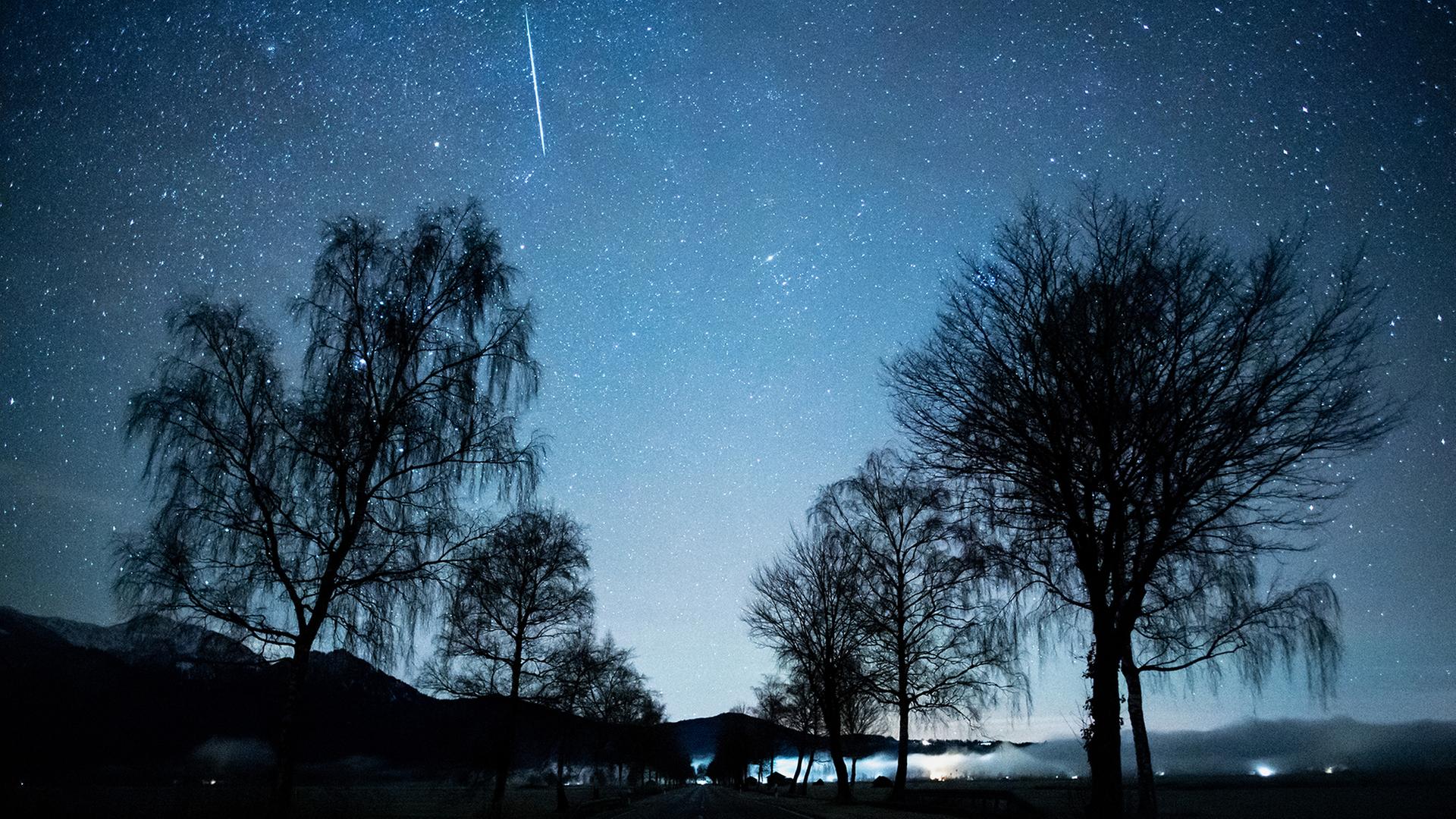Home
- Installing Proxmox VE on N150 NUC & HA
- DIY Smart Speaker for Home Assistant
- Outdoor motion detector & lighting for HA
- Weather Station for Home Assistant in ESPHome
- Installing HASSIO on a Soyo mini PC
- another Smart Garage door controller
- 3- Phase energy monitoring with ESPHome
- home assistant & eufy doorbell
- Troubleshooting and repairs
- Monitor flow & return temperatures of boiler
- ESP8266 – Best Pins to Use
- Home Assistant Configuration
- Home Assistant – Futjitsu Futro S920
- DC 12V 24V PIR Motion Sensor
- LED Light with Motion Sensor
- DFPlayer and Arduino
- Set up an IR Receiver on a Arduino
- DS18B20 & LCD 128×64
- Clock with LCD 1602 & DS1307
- DCF77 Signal with Arduino
Blog
- Web Development projects
- Validate an E-mail or website
- The world of artificial intelligence
- Home Assistant Dashboard basics & Code
- Home Assistant – Futjitsu Futro S920
- Home
- Autofenster geht nicht mehr hoch
Archives
Hangul & Persian Chr.
Online Graphic Plotter
Online scientific calculator
Service
- Why SpaceX IPO plan is generating so much buzz
More than 20 years after founding SpaceX, the record-breaking company that transformed the global space industry, Elon Musk is planning to take the enterprise public.
- Comet 3I/ATLAS displays greenish hue in new Gemini North telescope images
Gemini North captured new images of Comet 3I/ATLAS after it reemerged from behind the sun on its path out of the solar system. The data were collected during a Shadow the Scientists session—a unique outreach initiative that invites students around the world to join researchers as they observe the universe on the world's most advanced telescopes.
- SpaceX launches 1st of 5 missions on tap in next 8 days on Florida's Space Coast
SpaceX and United Launch Alliance are combining for a busy week of rocket launches on the Space Coast.
- Weihnachtsplätzchen: Was passiert chemisch beim Backen?
Mehl, Butter, Zucker - Weihnachtsplätzchen backen ist für viele Tradition. Doch wie genau wird aus den Zutaten das fertige Gebäck? Die Wissenschaft hinter dem Backen. Von Frank Wittig und Jana Mack.
- Raumsonde soll Ursprung des Meteorstroms Geminiden klären
Die Geminiden sind einer der stärksten Sternschnuppenströme - und zugleich der rätselhafteste. Ein deutsches Staubteleskop an Bord einer japanischen Raumsonde soll klären, ob Asteroid "Phaethon" wirklich ihre Quelle ist. Von Uwe Gradwohl.




